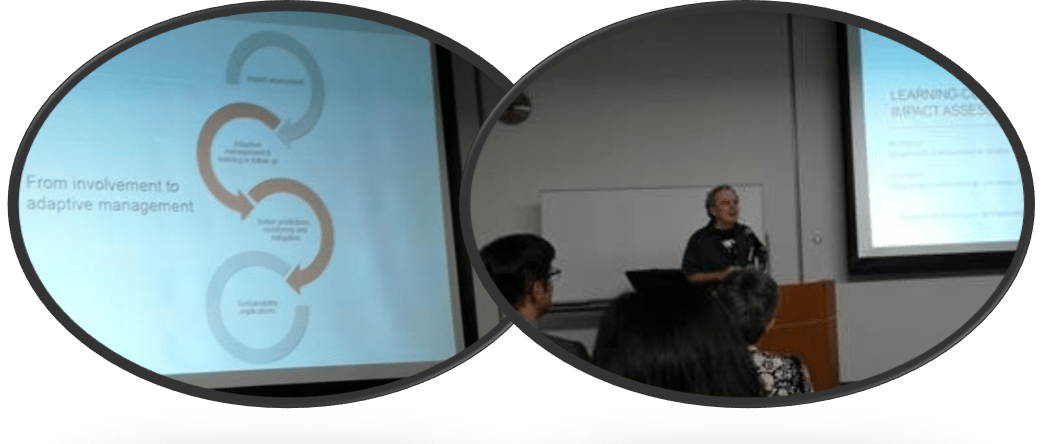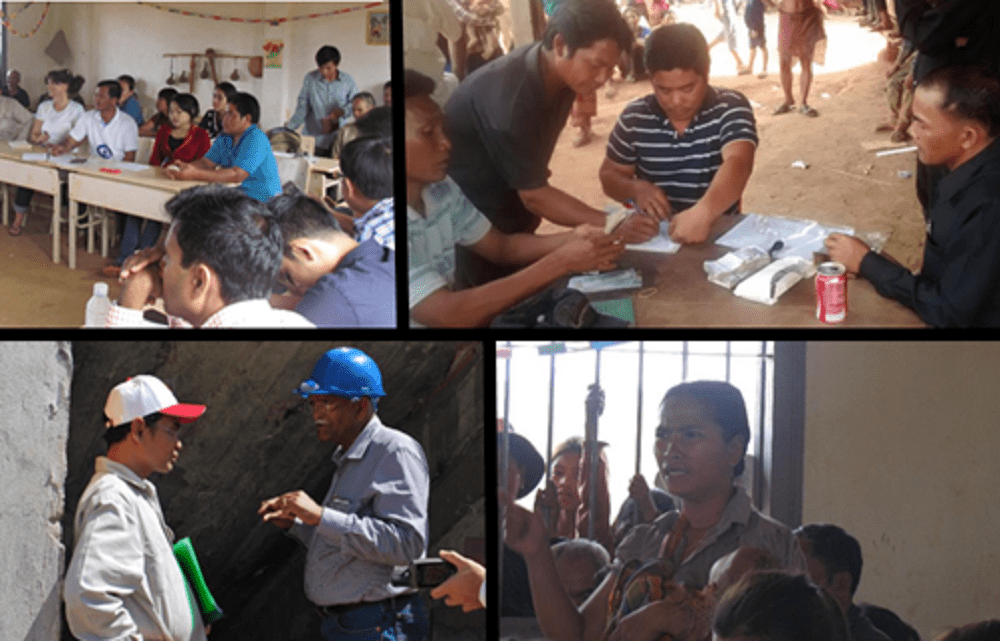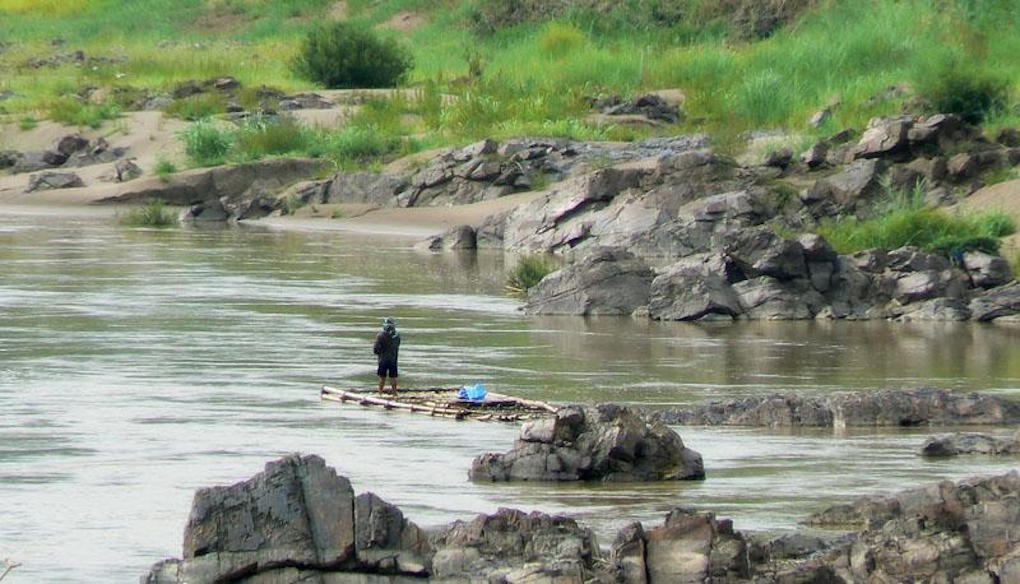Members of the Regional Technical Working Group on Environmental Impact Assessment (RTWG on EIA, facilitated by Mekong Partnership for the Environment) participated in the Annual Conference of International Association for Impact Assessment in Nagoya, Japan in May 2016. IAIA is a global conference focusing on Impact Assessment tools and issues such as EIA, Health Impact Assessment (HIA), Public Participation, Biodiversity, Climate Change, and other topics. Here, an RTWG member shares his thoughts on the event and particularly one session “Learning-Centered Approaches to Impact Assessment.”
The Annual Conference of International Association for Impact Assessment, or IAIA, is the global conference of various Impact Assessments and various issues around Impact Assessment, for example, Environmental Impact Assessment (EIA), Health Impact Assessment (HIA), Social Impact Assessment (SIA), Strategic Environmental Assessment (SEA), Public Participation, Biodiversity, Climate Change, and many other topics.
There are about 700 – 900 participants in IAIA each year and they are from governmental sector, international organizations and financial institutions, private sector, consultants, academic and research sector, NGOs, with small fraction from grass-root organizations.
In IAIA 2016, there was a new group of sessions on the topics of ‘Learning’, initiated by Professor John Sinclair from University of Manitoba, and Professor Alan Diduck, University of Winnipeg, Canada.
At the beginning of the session, Prof.John Sinclair made a presentation on “Learning-Centered Approaches to Impact Assessment” as an introduction and I think it is very useful for us when we think about “Public Participation in EIA”.
Based on their own experiences, Prof.John started from providing and involving in several kinds of learning and training as ‘education for public involvement’. After that, the process of public involvement is actually a key learning in itself that leading to informal, mutual, and social learning for sustainability or ‘learning through involvement’ and this led to many implications for Impact Assessment process reform.
But the main aim of public involvement is not only ‘to be involved and that’s it’. Consequently, it evolved from public involvement in Impact Assessment to ‘Adaptive management and learning in follow up’.
Adaptive management is a vital concept and practices not only for project proponent and local communities, but for all other stakeholders related to the project or program or policy, e.g. governments, academics, NGOs, CSOs, etc. This led to better impact predictions as well as better mitigation and monitoring in Impact Assessment that have many Sustainability implications as well.
Furthermore, if we do not only consider ‘learning in Impact Assessment’ during conducting the study and public participation process, but also after finishing Impact Assessment, we can ‘learning from Impact Assessment’, through Post hoc evaluation of policy and law that can lead to Organizational and policy learning, as well as through Post hoc evaluation of Impact Assessment effectiveness that should contribute to Learning in Communities of Practice (CoP) and Organization learning. These can lead to Societal learning for sustainability.
So if we piecing it all together, Impact Assessment process can contribute to Societal learning for sustainability in many ways, either through informal, mutual, and social learning toward adaptive management and learning in follow up, or through non-formal education, empowerment, and capacity enhancement for organizational and policy learning as well as learning in Communities of Practice, or other ways.
Both Prof.John and Prof.Alan will continue this session on Learning through email group and also in the next IAIA. They plan to develop a special issue of Impact Assessment journal on these issues as well, so if you are interested to learn more, you can contact either of them through their emails.
E-mail: [email protected] and Email: [email protected]
For more on the conference click here.






